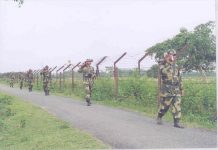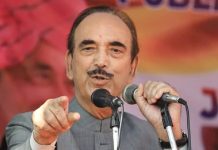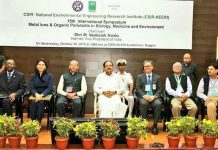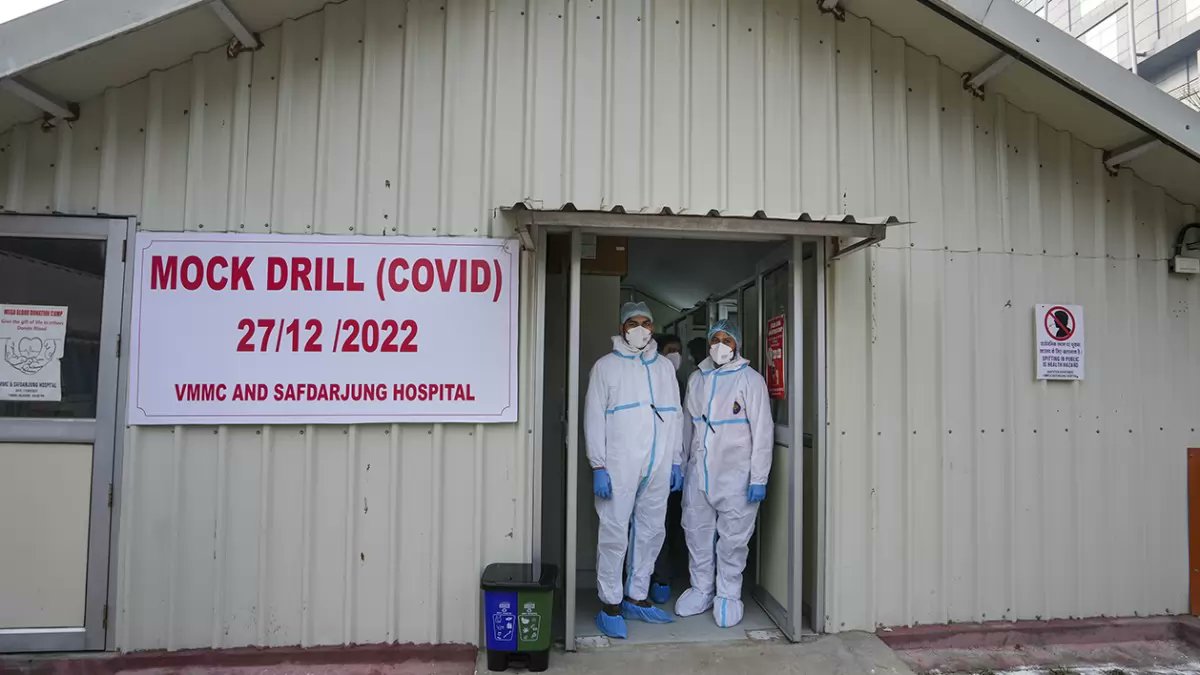
India’s Covid caseload per million people was 0.13 on December 27 (total 3421 cases). In view of the fact that majority of the population in India have already been vaccinated in India and have developed hybrid immunity, there is no reason to overreact, writes Anil Manocha
For India, It would be economically damaging to overreact. The nature of a pandemic always calls for caution but not getting panicked. Measures such as mock drill, masking mandates and enhanced vaccination drive should be the priority. This approach will keep infections under check without derailing economic growth. Days after it faced nationwide anti-government protests against its stringent zero-Covid policy, China’s National Health Commission announced that Covid-19 management will be downgraded from Class A to B from next month. It will fall in the same category as less-severe diseases such as dengue fever. China will cancel inbound quarantine for international arrivals starting from January 8, 2023, it said. Officials argue that the Omicron variant was not as lethal as the Delta strain, which caused massive casualties all over the world.
China is the last major economy in the world to move to “living with Covid” after three years of lockdowns, closed borders and mandatory quarantine for Covid cases and contacts. The so-called zero-Covid approach battered the economy and made citizens weary of restrictions and repeated tests. Resentment against the policy exploded into rare public protests. Authorities said they would also “optimise” visa arrangements for foreigners wishing to come to China for work and study, as well as family visits and reunions. Chinese citizens wishing to apply for passports to travel abroad will also be able to do so from 8 January, the immigration authority announced. Prior to the pandemic, the number of outbound tourists from China stood at 155 million in 2019, this number dropped to 20 million in 2020.
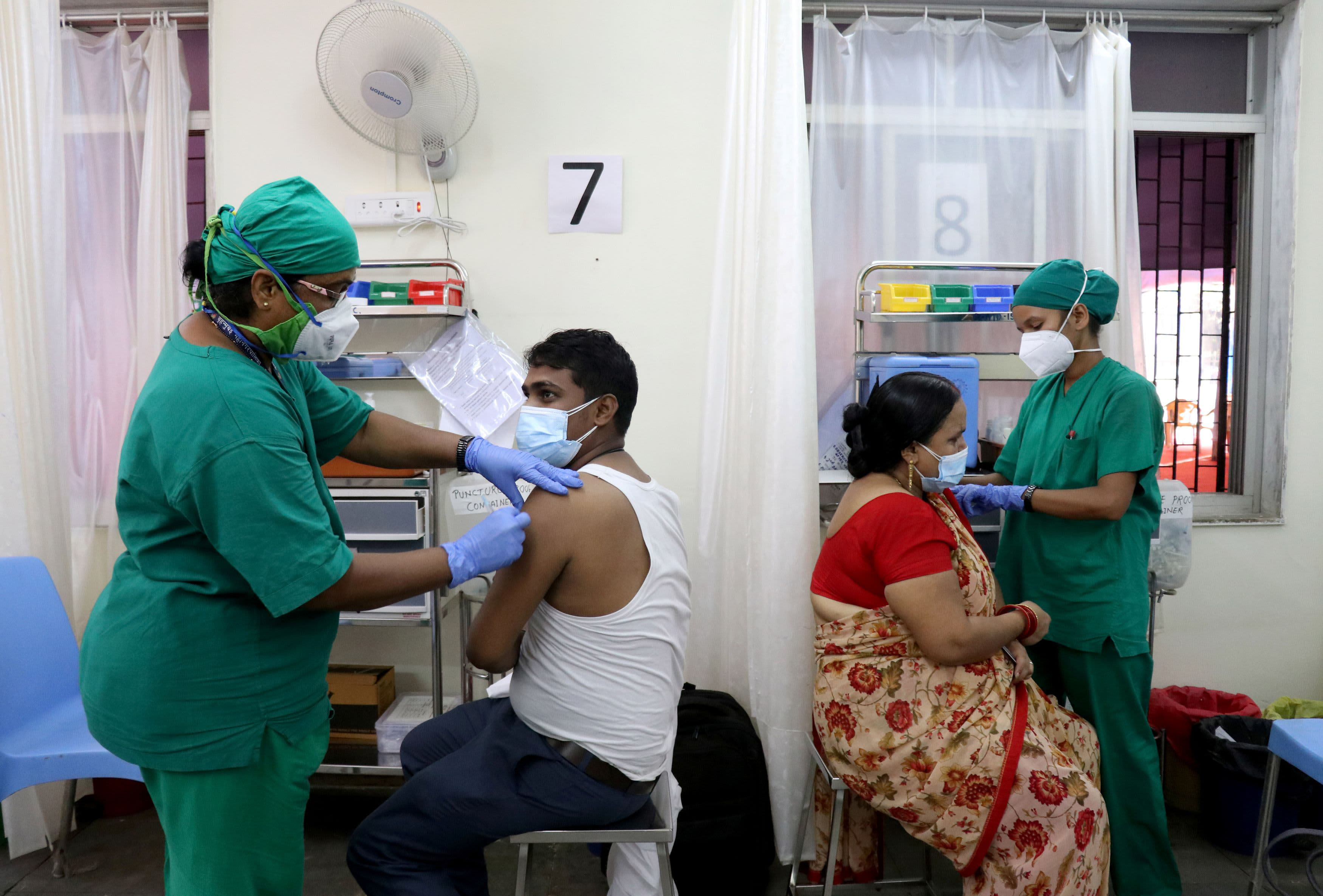
India’s healthcare system has gone through a mock drill to cope with a scenario where Covid cases surge. Hospitals across the country held “drills” to assess capacities in case there is a surge in Covid-19 cases. There are, however, no signs of any spike in India based on case numbers, which have dropped consistently from a little under 300 in the week leading to December 1 to 173 in the seven days prior to December 26.
Dr Ashok Seth, chairman, Fortis Escorts Heart Institute, in Delhi said, “The mock drill is important to know how well our system is functioning on ground. How ready we are. Experts have also pointed out the need to focus on vaccination as part of being alert. The government last week included a new vaccine, a nasal delivery dose known as iNCOVACC, adding to its arsenal of tools to fight the pandemic and hoping that the new dose helps rid the hesitancy. As of December 28, India recorded fewer than 500 cases a day on average for four weeks now.
Dr Arvind Deshmukh of Microbiologist Society Of India observed that there is no need for a panic reaction. The only solution is vaccination. He said that a corona outbreak is re-emerging in China, Korea, Japan and a few other countries. People are afraid due to a new wave of corona spread through the mutated variant called BF7 that arose from Omicron, At present it seems that it is a mild variant and does not cause hospitalization but other countries are worried and taking utmost care. In India, the government has started sequencing the corona variant, as well as doing PCR of travellers coming from these countries at the airports.
Many temple trusts as well as district collectors are making masks compulsory. According to the opinion of Dr Deshmukh, making a mask compulsory is creating fear among the people. No person can put the mask on for 8 continuous hours on the nose. “It has become a show business but masks will never prevent spread of the disease. We are not using masks for preventing measles, mumps or any other respiratory disease. Secondly, checking travellers by PCR test cannot prevent the entry of virus in our country because citizens of China can go to Dubai and enter India or can go to Sri Lanka and enter into India, So making masks compulsory and checking travelers by PCR test cannot prevent the entry of virus in India. Masks can be used by old and co-morbid people to protect themselves”.
He mentioned one more thing here that many times people may require doses of more than one vaccine for example a person above 65 years old may require pneumonia vaccine, flu vaccine and corona vaccine. Naturally there is a question in his mind whether I can take three vaccines at a time. So I can say that he or she can take more than one vaccine doses at a time but only with a gap of one week the reason behind it is that by injecting vaccine sometimes you get reactions like fever, swelling and pains. So it is better to give some time to subside the symptoms and then take another vaccine.
As per his opinion, only vaccination can prevent the 4th wave of Covid 19 because it is scientifically proven that immunity of corona vaccine lasts only for 9 months to 1 year. Now it is the time to have one more dose of vaccine. He urged the government to make doses of vaccine available and people should take one more dose of vaccine which will protect us. In history we will find that all epidemics and pandemics are controlled only by vaccines. Corona will persist on the earth for a long time and there is a need to increase our immunity. Of course we got immunity from natural infections also. But this immunity lasts only for 1 year so it is the time again to take one more dose of corona vaccine and relax. He suggested:
- Mask compulsion should stop. Suggest it only for old and co-morbid people.
- Gathering and travelling should not be stopped.
- Not necessary to establish Task force again
- Stop random testing of travellers on air ports. Only suspected patients should be tested.
- Quarantine measures should be stopped.
- Take one dose of vaccine every year.









